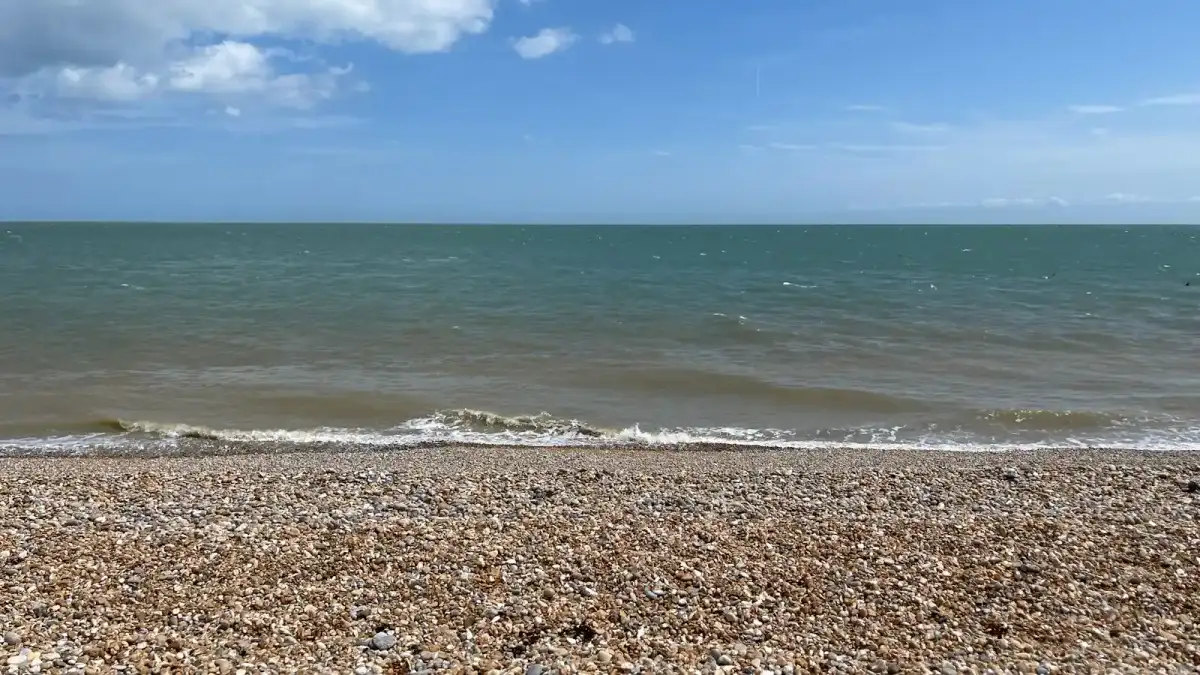html
Boost Your WordPress Site’s Performance: A Comprehensive Guide
Welcome to our comprehensive guide on how to deal with slow WordPress performance. In this post, we’ll delve into various techniques and strategies that will help you optimize your website for speed, enhancing user experience and SEO.
Identify the Culprits
Before diving into optimization techniques, it’s essential to identify what’s causing your WordPress site to run slow. Use tools like GTmetrix or Pingdom to analyze your site’s performance and pinpoint bottlenecks.
Optimize Images
Large, unoptimized images can significantly slow down your site. Compress images using tools like TinyPNG or ShortPixel before uploading them to your WordPress media library. Additionally, ensure that your images are properly sized and use responsive design techniques.
Choose the Right Hosting Provider
The quality of your hosting provider can greatly impact your site’s speed. Consider moving to a more reliable host if you’re experiencing slow load times consistently. Look for providers offering SSD storage, CDN, and caching solutions.
Optimize Your Database
Over time, your WordPress database can accumulate unnecessary data that slows down your site. Use plugins like WP-Optimize or Optimize Database after Deleting Revisions to regularly clean and optimize your database.
Use a Content Delivery Network (CDN)
A CDN distributes your website’s static files across multiple servers worldwide. This reduces the load on your server and improves site speed for users in different geographical locations. Services like Cloudflare offer free plans suitable for many websites.
Optimize WordPress Plugins
While plugins can add functionality to your site, they can also slow it down if not properly optimized. Disable and delete unused plugins, and ensure that active plugins are up-to-date. Consider using lightweight alternatives when available.
Leverage Caching
Caching solutions like W3 Total Cache or WP Super Cache can significantly improve your site’s speed by storing static versions of pages for quicker loading. Ensure that caching is enabled and configured appropriately for your specific setup.
Conclusion
Optimizing your WordPress site for performance is a crucial aspect of maintaining a successful online presence. By implementing the strategies outlined in this guide, you can significantly improve your site’s speed and provide an enhanced user experience while boosting your SEO efforts.

0 Comments